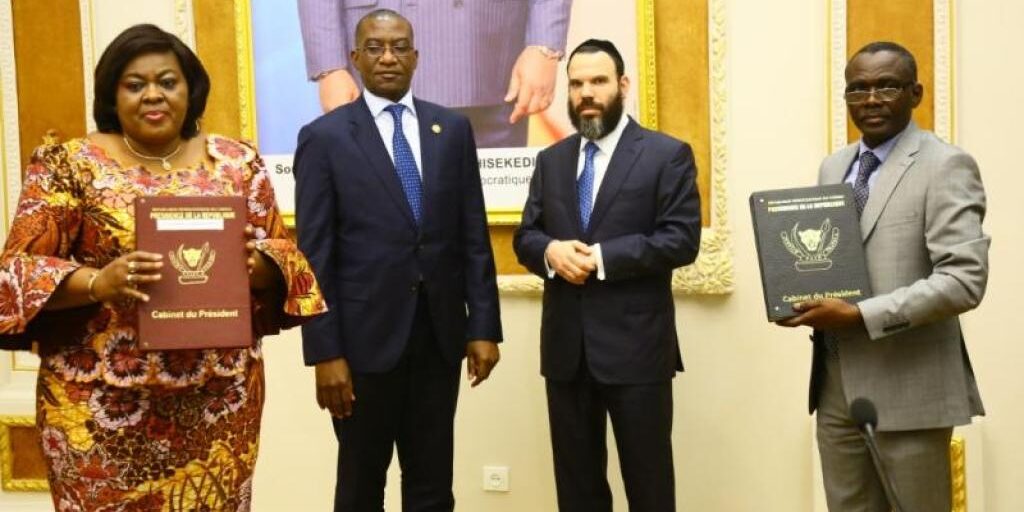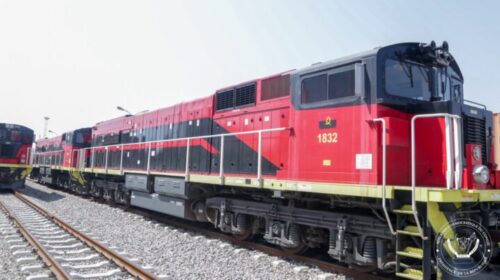CNPAV’s insists on publishing MOU signed by the Congolese State and Dan Gertler’s Ventora group-DRC
Le Congo N’est Pas à Vendre (CNPAV) insists on the need to publish the memorandum of understanding for the amicable settlement of all disputes between the DRC and the Ventora group of the Israeli economic operator Dan Gertler. According to the CNPAV, this memorandum of understanding signed on February 24 should be published no later than 60 days after their signature, that is to say, before April 25, 2022.
In addition, the CNPAV also requires the publication of 5 settlement agreements of March 16, 2022 (Justice, Hydrocarbons, Mines, Portfolio – Ventora Representative) as well as these 31 annexes. The publication of this must be done before May 14, 2022.
On what basis does the CNPAV require the publication of these agreements?
The Congo is Not for Sale relies on 3 necessary arguments to demand the publication of these agreements. There are in particular:
– Government commitment to transparency and the fight against corruption; – Legal obligation: Mining Code, art. 7 quater o: “Mining contracts, their annexes and riders are published in the Official Journal and on the website of the Ministry of Mines within sixty days of the date of their signature. » ;
– EITI Obligation / Requirement 2.4: “Disclose all contracts and licenses that set the conditions for the exploitation of oil, gas and minerals. »
For the CNPAV, these are mining contracts
In its note, Congo N’est Pas à Vendre confirms that these contracts, which it requires to be published, are of a mining nature. Why? The arguments of the CNPAV:
– Because it regulates both mining and oil issues: recovery of gold mining permits, settlement of KCC royalties;
– According to requirement 2.4 of the EITI Standard, even oil contracts must be published: “because it is an amicable settlement” or a “transactional agreement”;
– It is not the type or the nature of the contract which determines whether it must be published, it is the fact whether it “fixes the operating conditions”, which is clearly the case here: We define the ownership of securities; Revenue sharing rules are defined; The new investor is required to compensate Ventora for the “investments”;
– Because there are already enough other amicable settlements that have been published: Example: 2012 settlement agreement between ENRC, FQM, DRC following the dispute over the Kolwezi discharges. This agreement was very similar: retrocession of assets to the State, setting of compensation rules, etc.
What about confidentiality clauses ?
The CNPAV develops arguments that demonstrate that despite the confidentiality clauses mentioned in these contracts, they still deserve to be published.
– A contract cannot be contrary to the law, in particular the Mining Code (basic rule in law: hierarchy of standards, law > contract). Therefore, this clause cannot derogate from the obligations of publication of mining contracts;
– Almost all contracts have confidentiality clauses, which has not prevented their publication – precisely because the law requires it;
– Confidentiality clauses are an obstacle to transparency and could lead to legal action; Art. 311 quater of the Mining Code: “Is liable to a fine the amount of which rises to the equivalent in Congolese francs of 100,000 to 1,000,000 USD, whoever, by any act, agreement, convention, arrangement or another fact, hinders transparency and traceability in the mining industry. “.
18 total views , 1 views today





